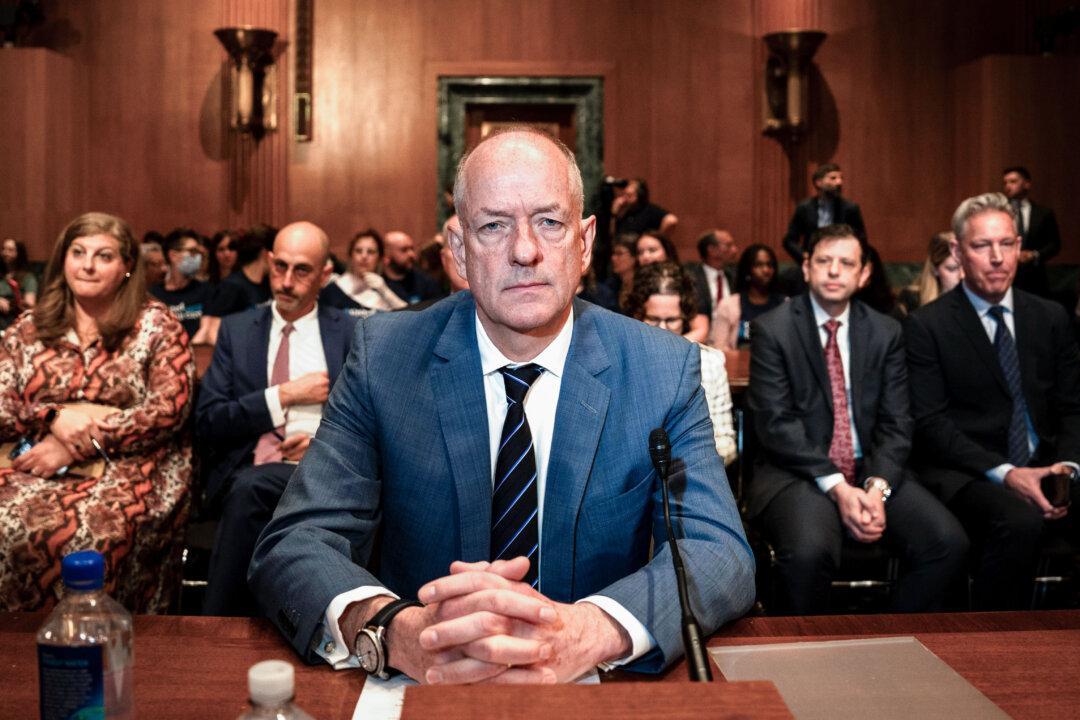Andrew Witty, the chief executive of UnitedHealth Group, stepped down “for personal reasons” and was effective immediately, the company announced on Tuesday.
Now, Stephen Hemsley will serve as the company’s CEO and chairman of the board of directors.





